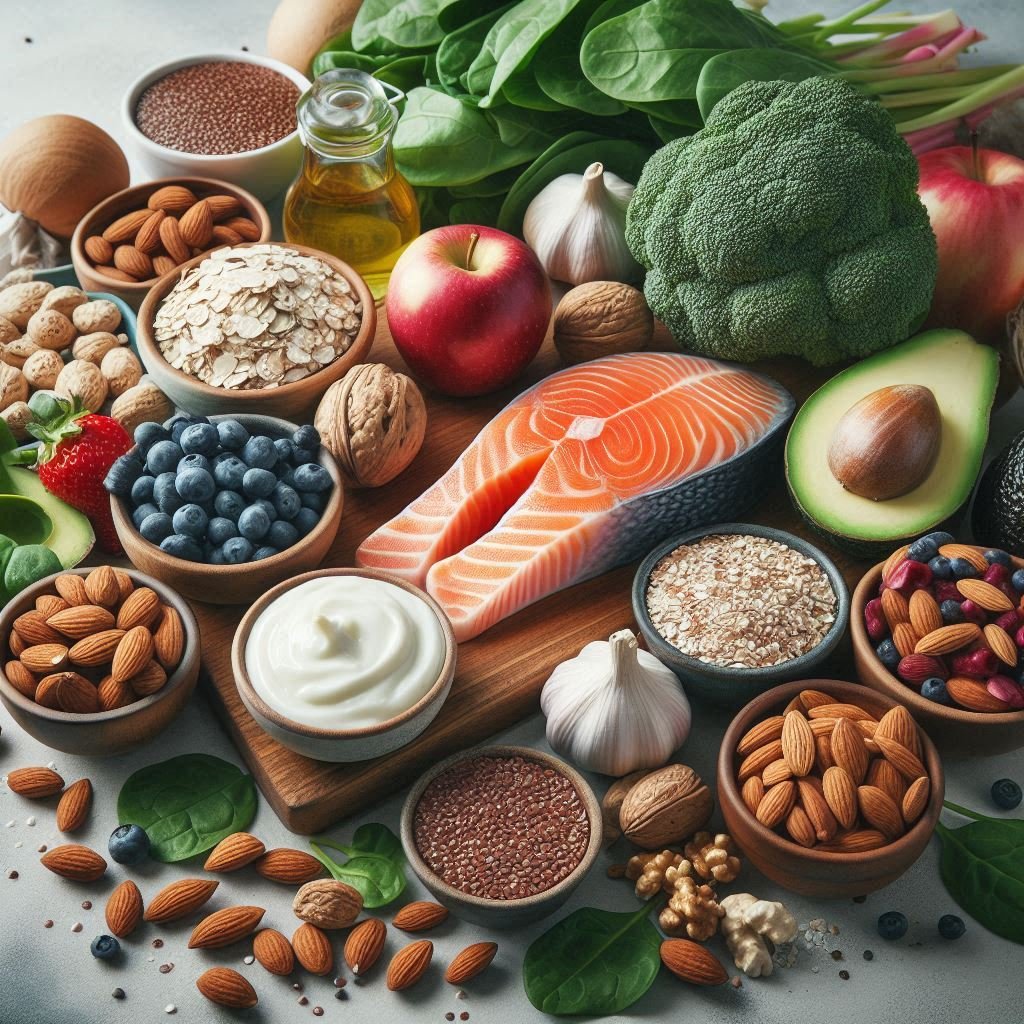High cholesterol levels can be a significant risk factor for heart disease, but the good news is that making simple changes to your diet can help lower your cholesterol and reduce your risk of heart problems.
Incorporating cholesterol-lowering foods into your daily meals can have a significant impact on your overall heart health.
From fatty fish to fiber-rich fruits and veggies, these 16 foods have been shown to help lower cholesterol levels, improve blood lipid profiles, and support a healthy heart.
Fatty Fish: Salmon
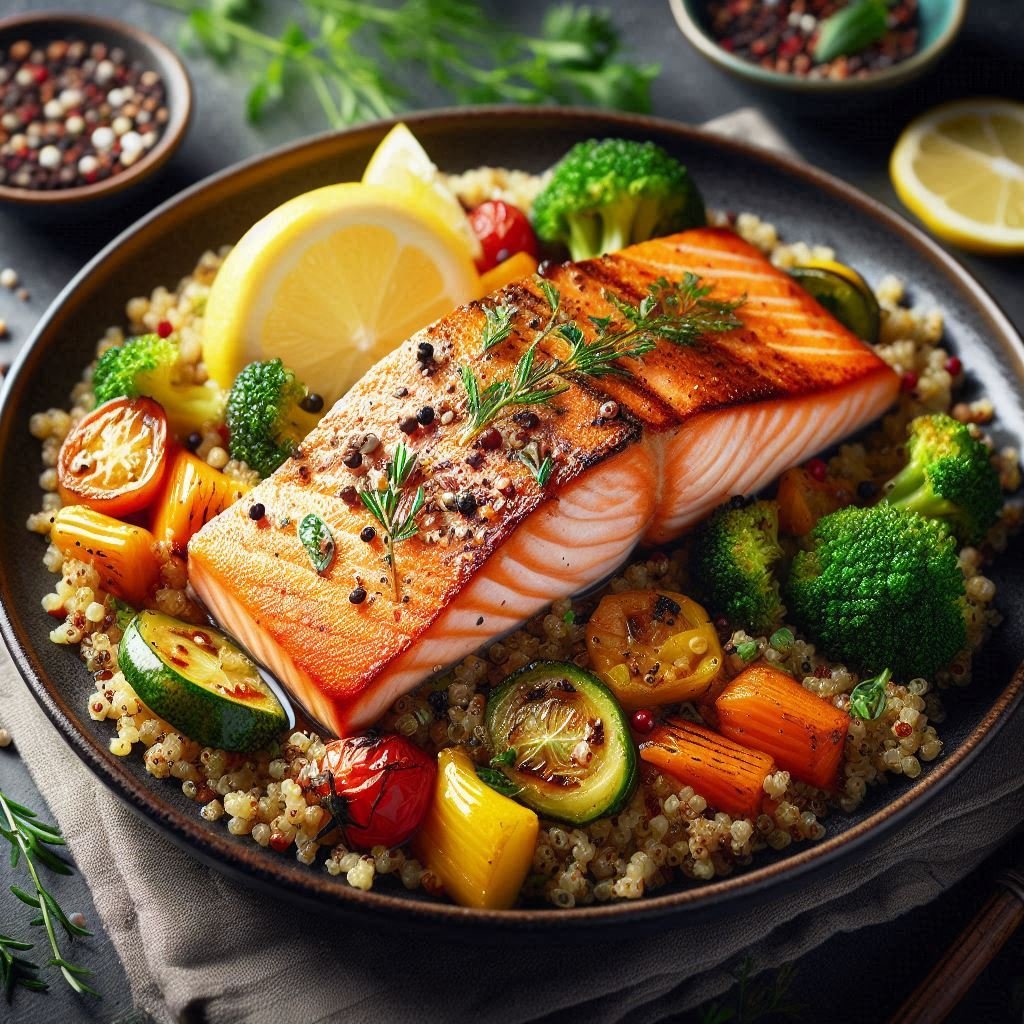
When it comes to fatty fish, salmon is one of the best options for lowering cholesterol levels. Rich in omega-3 fatty acids, salmon helps to reduce inflammation in the body, which is a major contributor to high cholesterol. The omega-3s in salmon also help to improve blood lipid profiles by reducing triglycerides and increasing HDL (good) cholesterol.
In addition to its omega-3 content, salmon is also a good source of protein, vitamin D, and selenium. To get the most cholesterol-lowering benefits from salmon, aim to eat it at least twice a week, and choose wild-caught Alaskan or Pacific salmon for the highest omega-3 content.
Oatmeal: A Fiber-Rich Breakfast Option
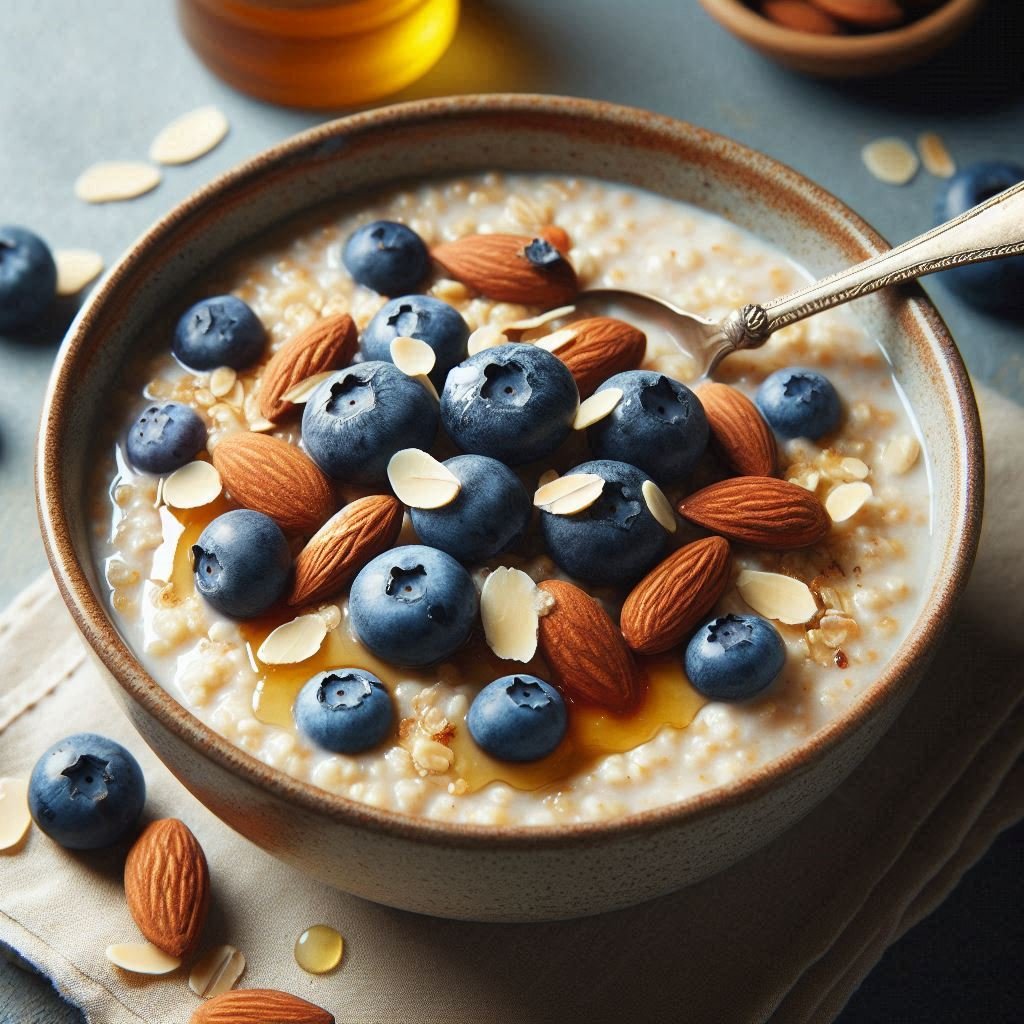
Oatmeal is a fiber-rich breakfast option that can help lower cholesterol levels by binding to bile acids in the digestive tract and removing them from the body. This process, known as the “oatmeal effect,” reduces the amount of cholesterol produced in the liver, leading to lower overall cholesterol levels.
Steel-cut oats or rolled oats are good sources of soluble fiber, which is the type of fiber that is most effective at lowering cholesterol. Look for oatmeal that is high in fiber and low in added sugars, and consider adding fruits, nuts, or spices to make it more flavorful.
Almonds: Crunchy and Cholesterol-Friendly
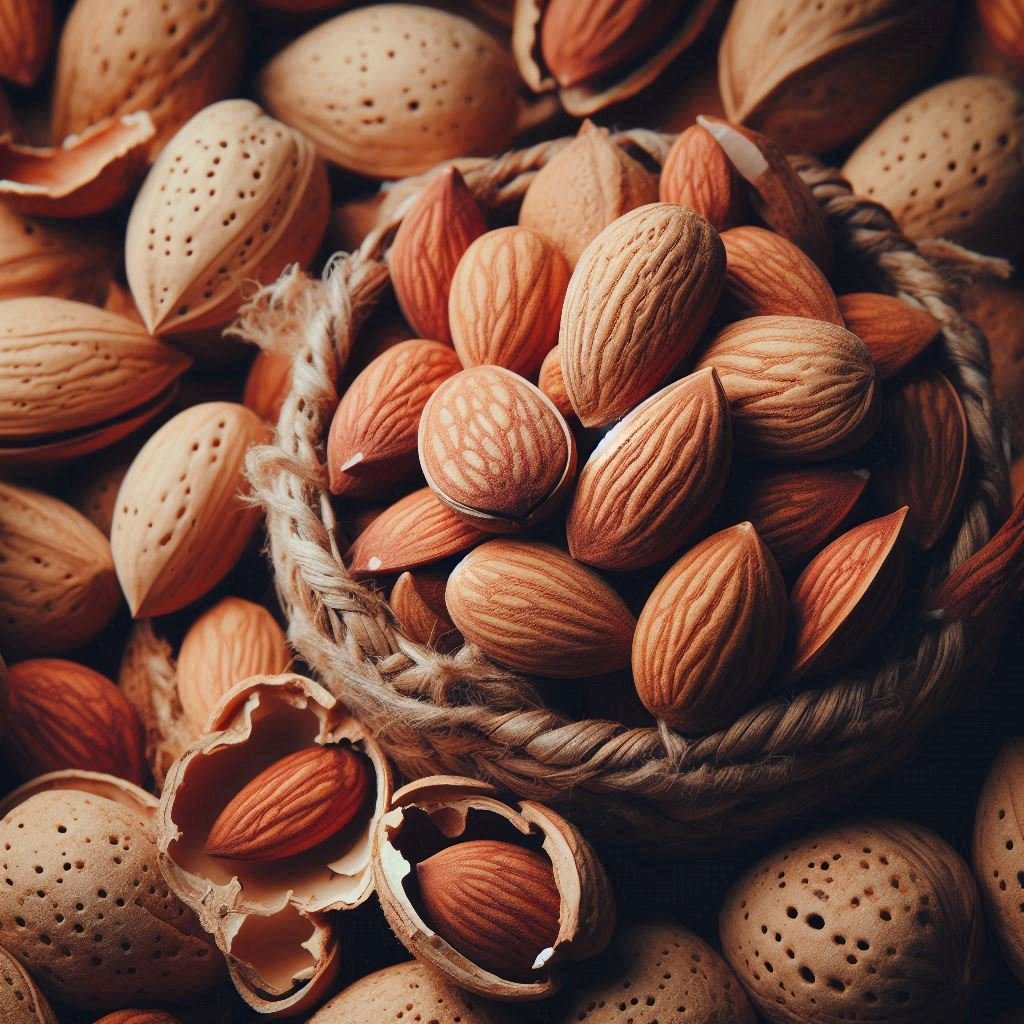
Almonds are a tasty and convenient snack that can help lower cholesterol levels. Rich in monounsaturated fats, almonds help to increase HDL (good) cholesterol and reduce LDL (bad) cholesterol. They are also a good source of fiber, protein, and vitamin E.
In addition to their cholesterol-lowering benefits, almonds are also high in antioxidants, which help to protect against oxidative stress and inflammation in the body. Look for unsalted and unsweetened almonds to get the most health benefits.
Avocados: Creamy and Cholesterol-Lowering
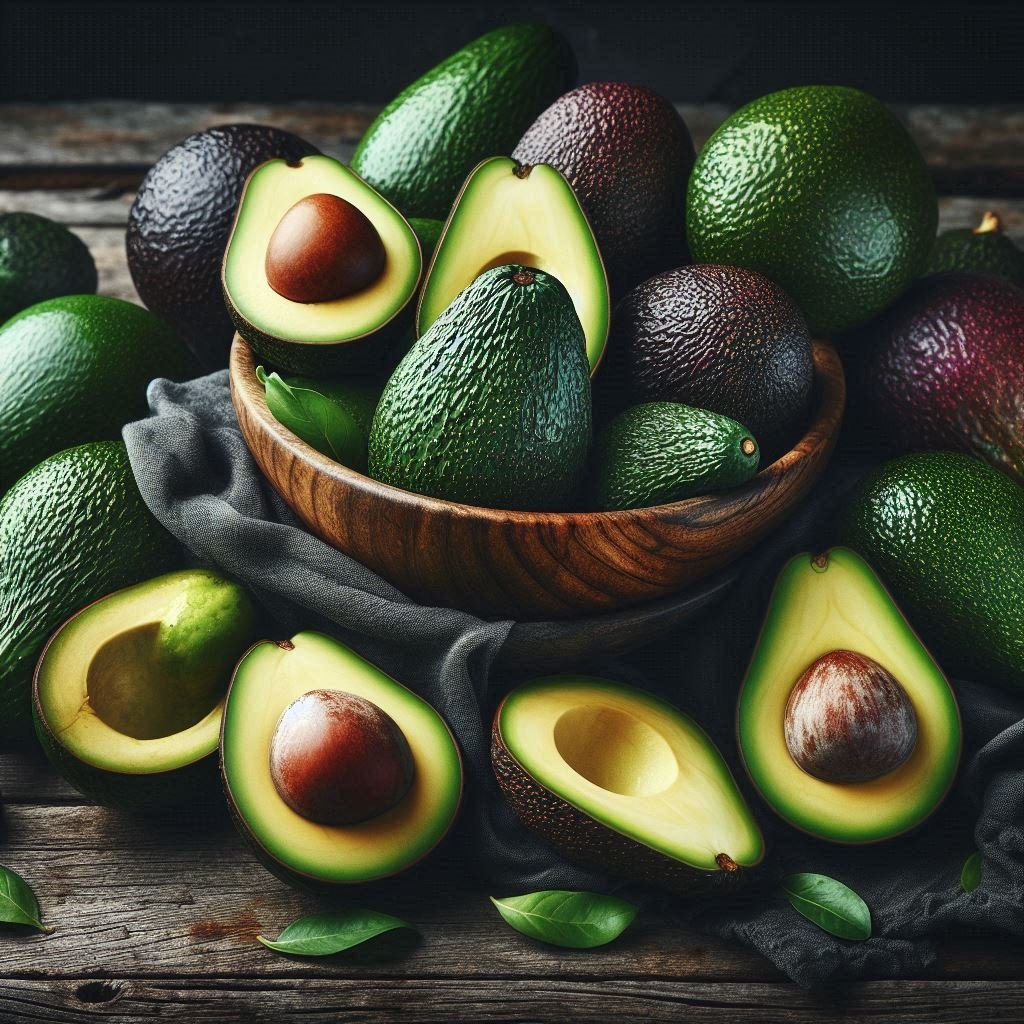
Avocados are a creamy and delicious addition to any meal, and they are also a powerful cholesterol-lowering food. Rich in monounsaturated fats, avocados help to increase HDL (good) cholesterol and reduce LDL (bad) cholesterol. They are also a good source of fiber, potassium, and antioxidants.
The fiber in avocados helps to bind to bile acids in the digestive tract, reducing the amount of cholesterol produced in the liver. Avocados are also high in a compound called beta-sitosterol, which has been shown to reduce cholesterol levels by inhibiting the absorption of dietary cholesterol.
Beans: A Heart-Healthy Legume
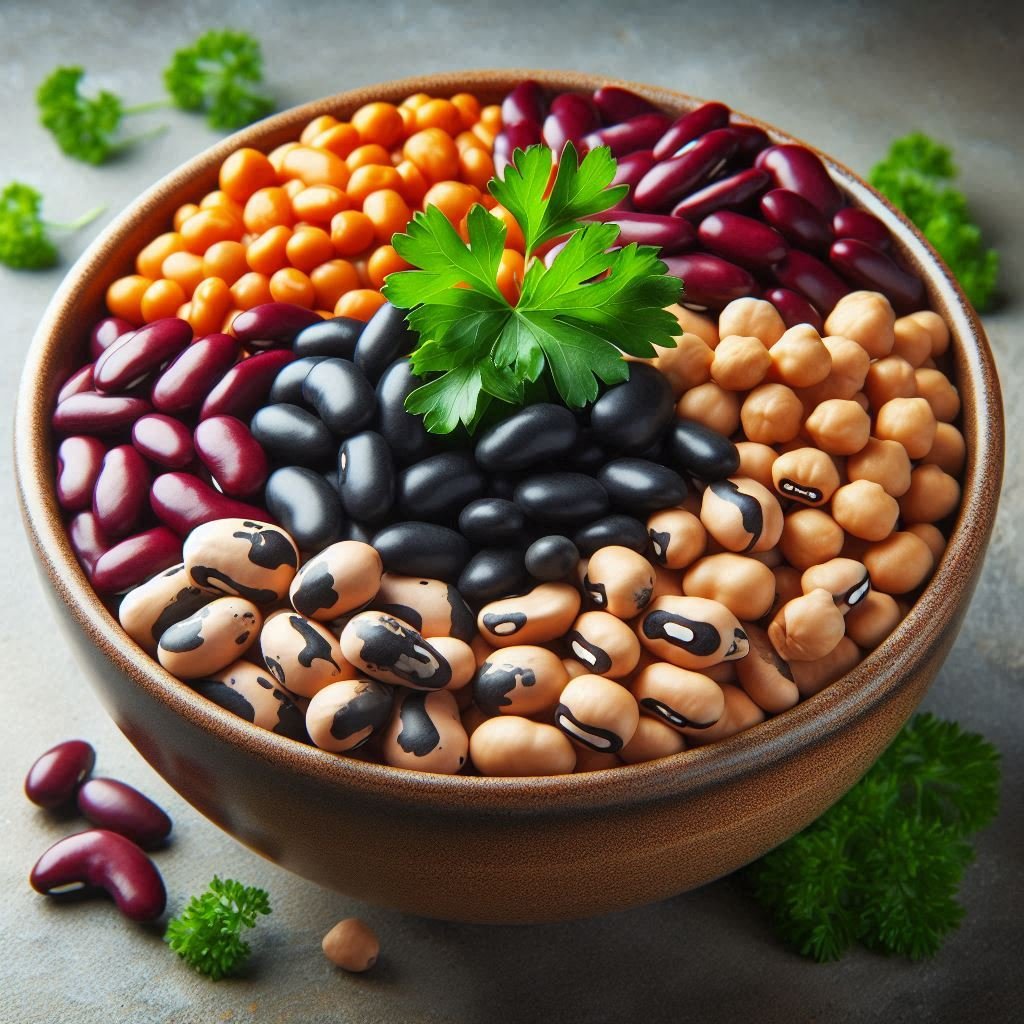
Beans are a heart-healthy legume that can help lower cholesterol levels. Rich in fiber, protein, and potassium, beans are a nutritious addition to any meal. They are also low in fat and contain no cholesterol, making them an ideal choice for those looking to reduce their cholesterol levels.
The fiber in beans helps to bind to bile acids in the digestive tract, reducing the amount of cholesterol produced in the liver. Beans are also high in antioxidants and phytochemicals, which help to protect against oxidative stress and inflammation in the body.
Fiber-Rich Apples: A Delicious Snack

Apples are a delicious and convenient snack that can help lower cholesterol levels. Rich in fiber, apples help to bind to bile acids in the digestive tract, reducing the amount of cholesterol produced in the liver. They are also a good source of antioxidants and phytochemicals, which help to protect against oxidative stress and inflammation in the body.
The fiber in apples is particularly effective at lowering cholesterol levels due to its high content of pectin, a type of soluble fiber. Look for apples that are high in fiber and antioxidants, such as Granny Smith or Honeycrisp.
Walnuts: A Tasty Way to Lower Cholesterol
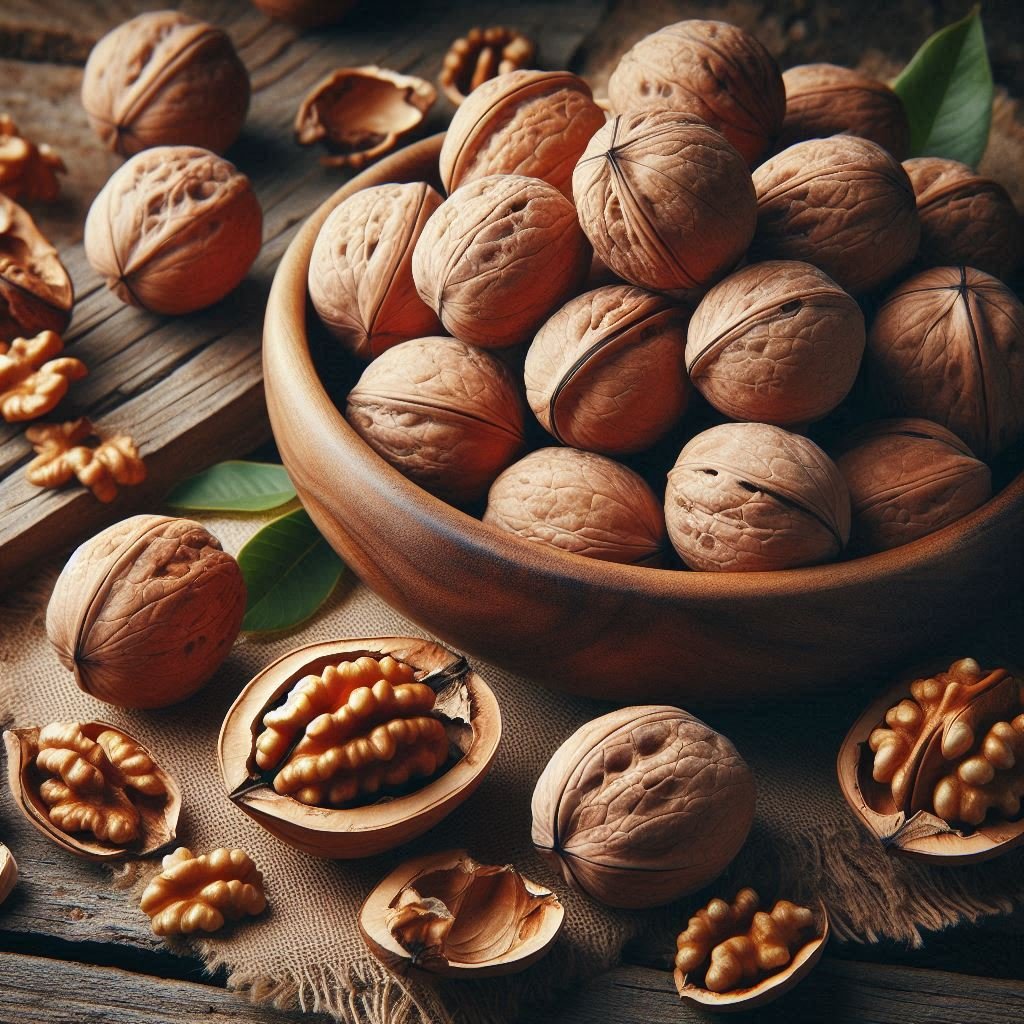
Walnuts are a tasty and crunchy snack that can help lower cholesterol levels. Rich in alpha-linolenic acid (ALA), a type of omega-3 fatty acid, walnuts help to reduce inflammation in the body and improve blood lipid profiles.
The ALA in walnuts has been shown to reduce triglycerides and increase HDL (good) cholesterol, making them an ideal snack for those looking to lower their cholesterol levels. Walnuts are also high in antioxidants and fiber, making them a nutritious addition to any meal.
Fat-Free Greek Yogurt: A Healthy Dairy Option
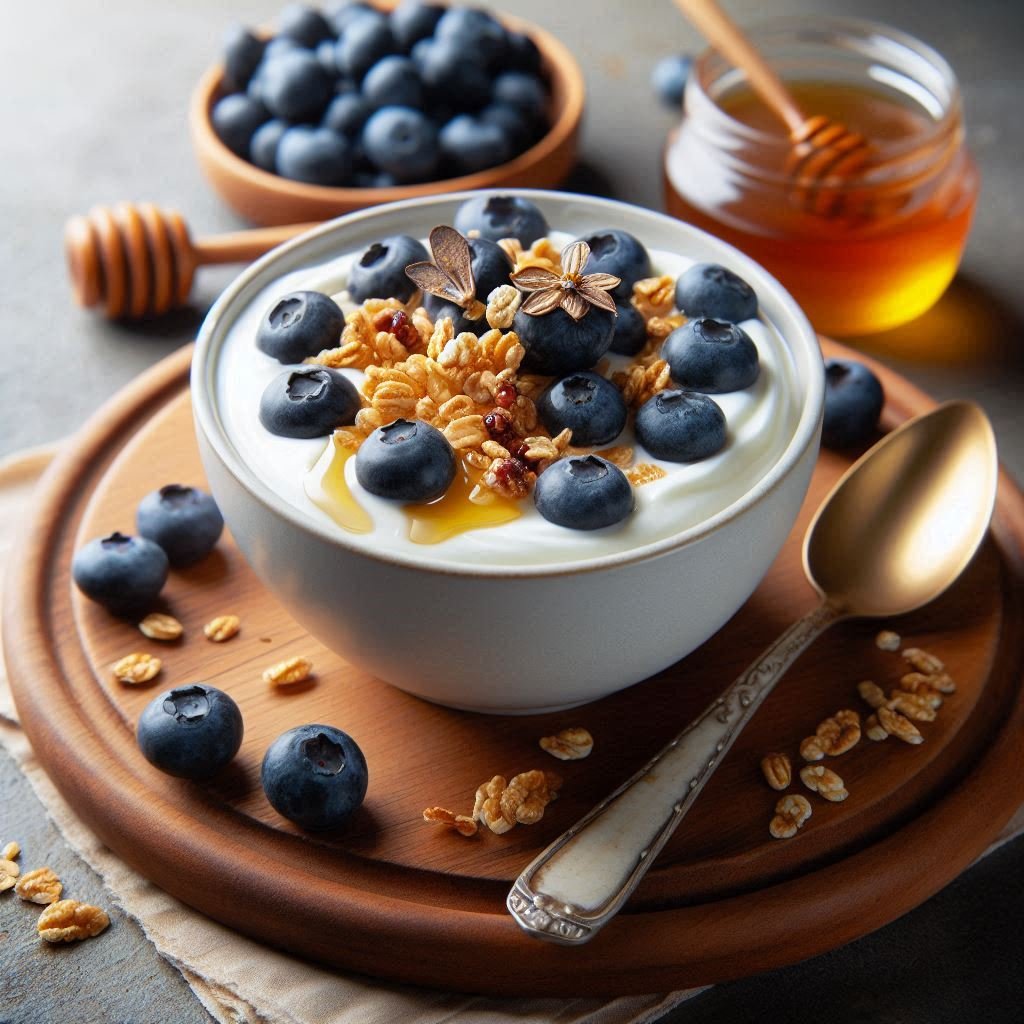
Fat-free Greek yogurt is a healthy dairy option that can help lower cholesterol levels. Rich in protein and calcium, Greek yogurt helps to improve blood lipid profiles and reduce the risk of heart disease.
The protein in Greek yogurt helps to increase satiety and reduce hunger, making it an ideal snack for those looking to lose weight and lower their cholesterol levels. Look for fat-free Greek yogurt that is high in protein and low in added sugars.
Spinach: A Nutrient-Dense Leafy Green

Spinach is a nutrient-dense leafy green that is rich in vitamins, minerals, and antioxidants. It is particularly high in folate, which helps to lower homocysteine levels in the blood, a major risk factor for heart disease. Spinach is also a good source of fiber, potassium, and iron, making it an ideal addition to a heart-healthy diet.
The antioxidants in spinach, such as lutein and zeaxanthin, help to protect against oxidative stress and inflammation in the body, reducing the risk of heart disease. Spinach is also low in calories and high in fiber, making it a nutritious and filling addition to salads, smoothies, and sautéed dishes.
Olive Oil: A Healthy Alternative for Cooking
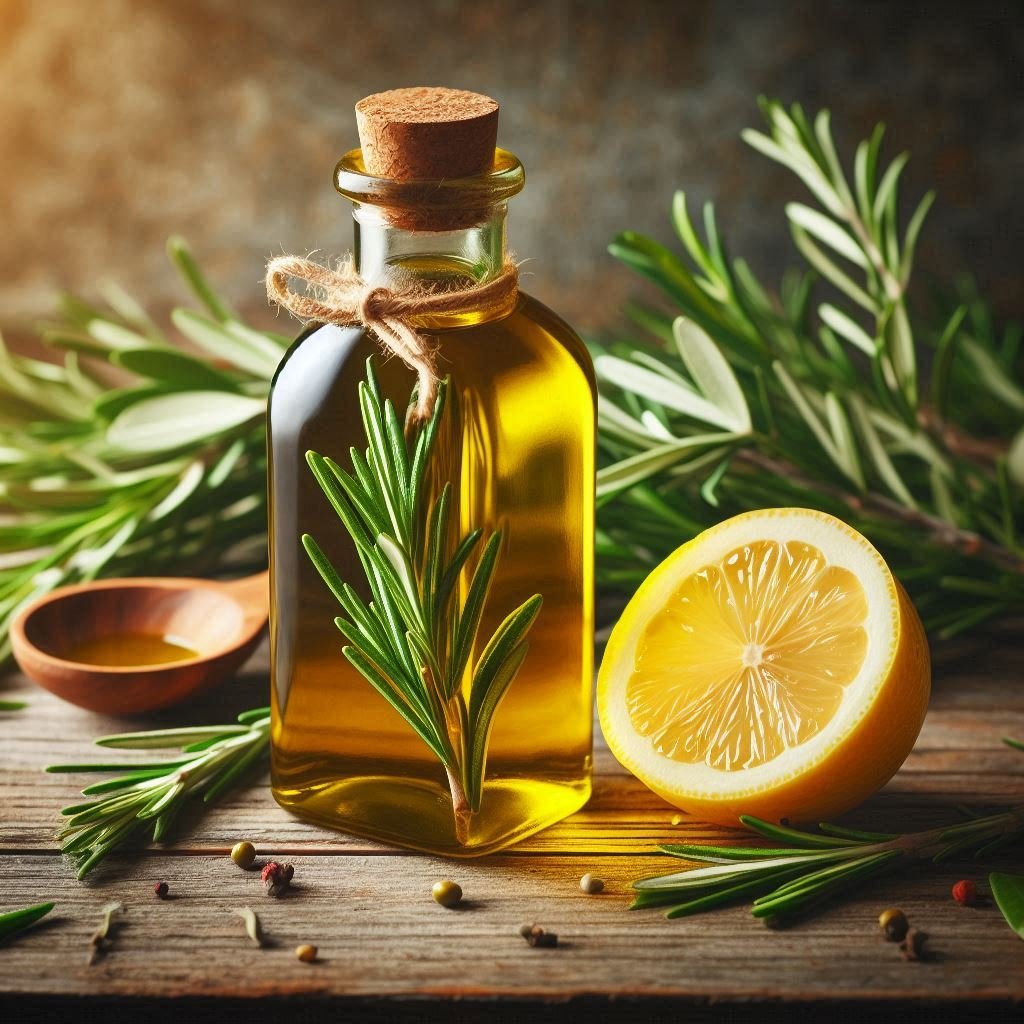
Olive oil is a healthy alternative for cooking that can help lower cholesterol levels. Rich in monounsaturated fats, olive oil helps to increase HDL (good) cholesterol and reduce LDL (bad) cholesterol. It is also a good source of antioxidants, such as vitamin E and polyphenols, which help to protect against oxidative stress and inflammation in the body.
When choosing an olive oil, look for extra-virgin or cold-pressed options, which are higher in antioxidants and have a more robust flavor. Use olive oil in place of other oils for cooking, dressings, and marinades to get the most health benefits.
Berries: Antioxidant-Rich and Cholesterol-Fighting
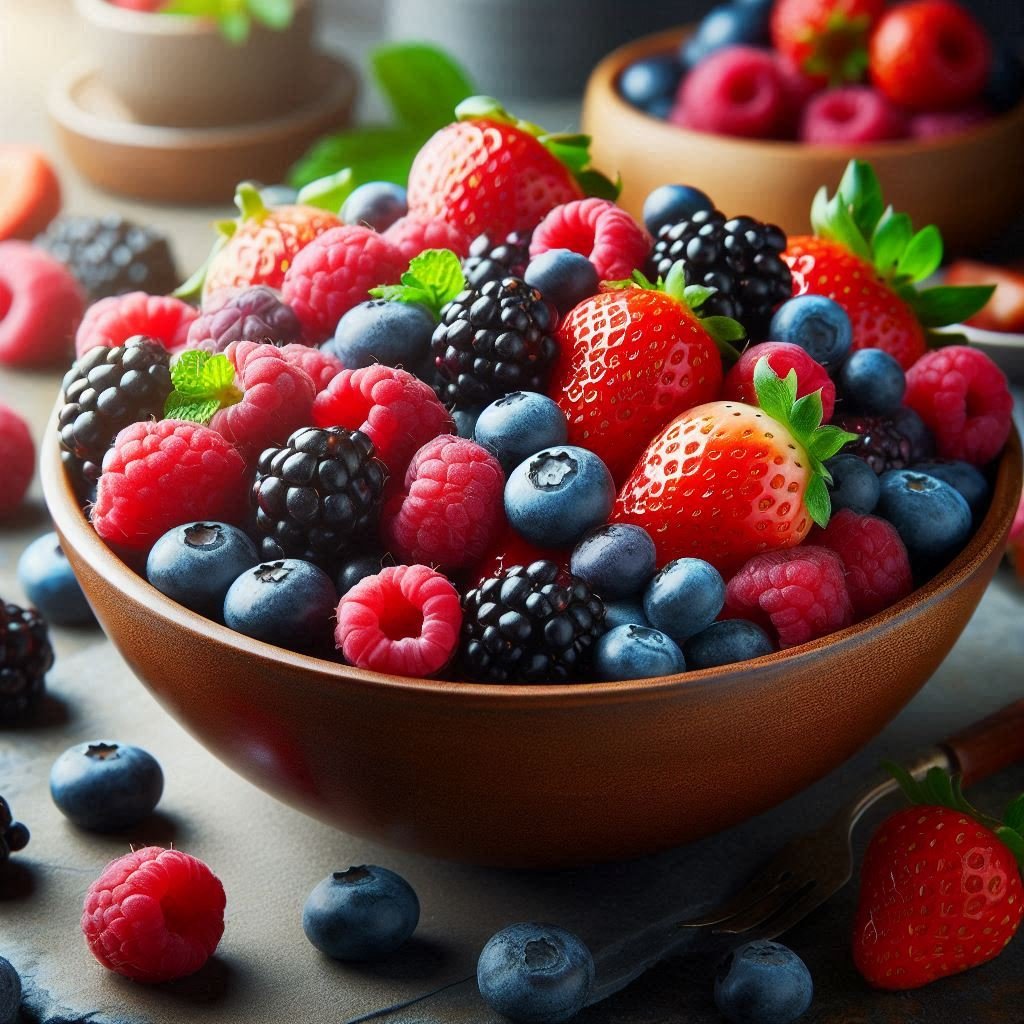
Berries are antioxidant-rich and cholesterol-fighting, making them an ideal snack for heart health. Rich in fiber, vitamins, and minerals, berries are a nutritious addition to oatmeal, yogurt, or as a fresh snack.
The antioxidants in berries, such as anthocyanins and ellagic acid, help to protect against oxidative stress and inflammation in the body, reducing the risk of heart disease. Berries are also low in calories and high in fiber, making them a nutritious and filling snack.
Barley: A Whole Grain for a Healthy Heart
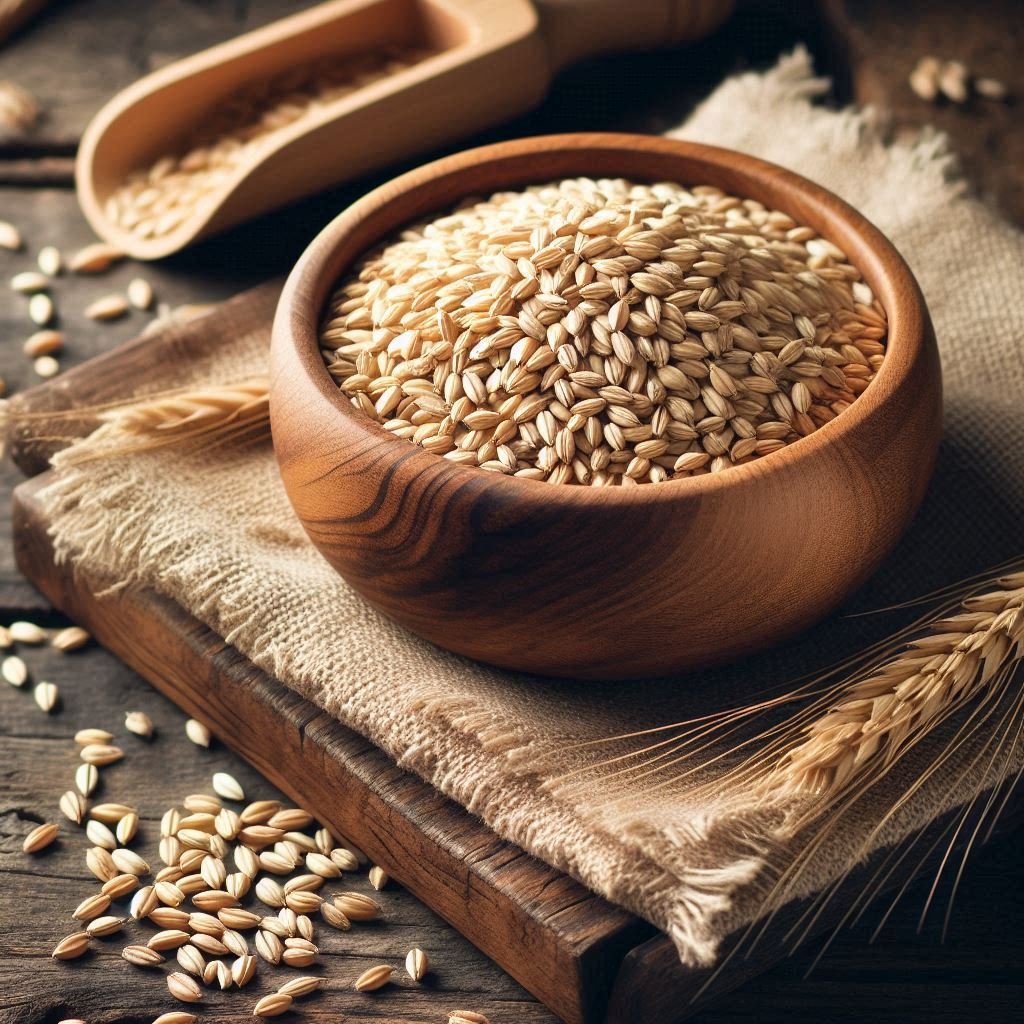
Barley is a whole grain that is rich in fiber, vitamins, and minerals, making it an ideal choice for heart health. The fiber in barley helps to bind to bile acids in the digestive tract, reducing the amount of cholesterol produced in the liver.
Barley is also a good source of antioxidants, such as selenium and manganese, which help to protect against oxidative stress and inflammation in the body. Look for whole grain barley or barley flakes to get the most health benefits.
Tea: A Soothing and Cholesterol-Lowering Beverage

Tea is a soothing and cholesterol-lowering beverage that can help reduce the risk of heart disease. Rich in antioxidants, such as catechins and flavonoids, tea helps to protect against oxidative stress and inflammation in the body.
The antioxidants in tea have been shown to reduce LDL (bad) cholesterol and increase HDL (good) cholesterol, making it an ideal beverage for heart health. Look for green tea, black tea, or white tea to get the most health benefits.
Dark Chocolate: A Sweet Treat for Your Heart

Dark chocolate is a sweet treat that can help lower cholesterol levels. Rich in flavonoids, dark chocolate helps to improve blood flow and reduce blood pressure, reducing the risk of heart disease.
The flavonoids in dark chocolate also help to improve blood lipid profiles, reducing LDL (bad) cholesterol and increasing HDL (good) cholesterol. Look for dark chocolate with at least 70% cocoa solids to get the most health benefits.
Flaxseeds: A Nutritious and Cholesterol-Lowering Seed
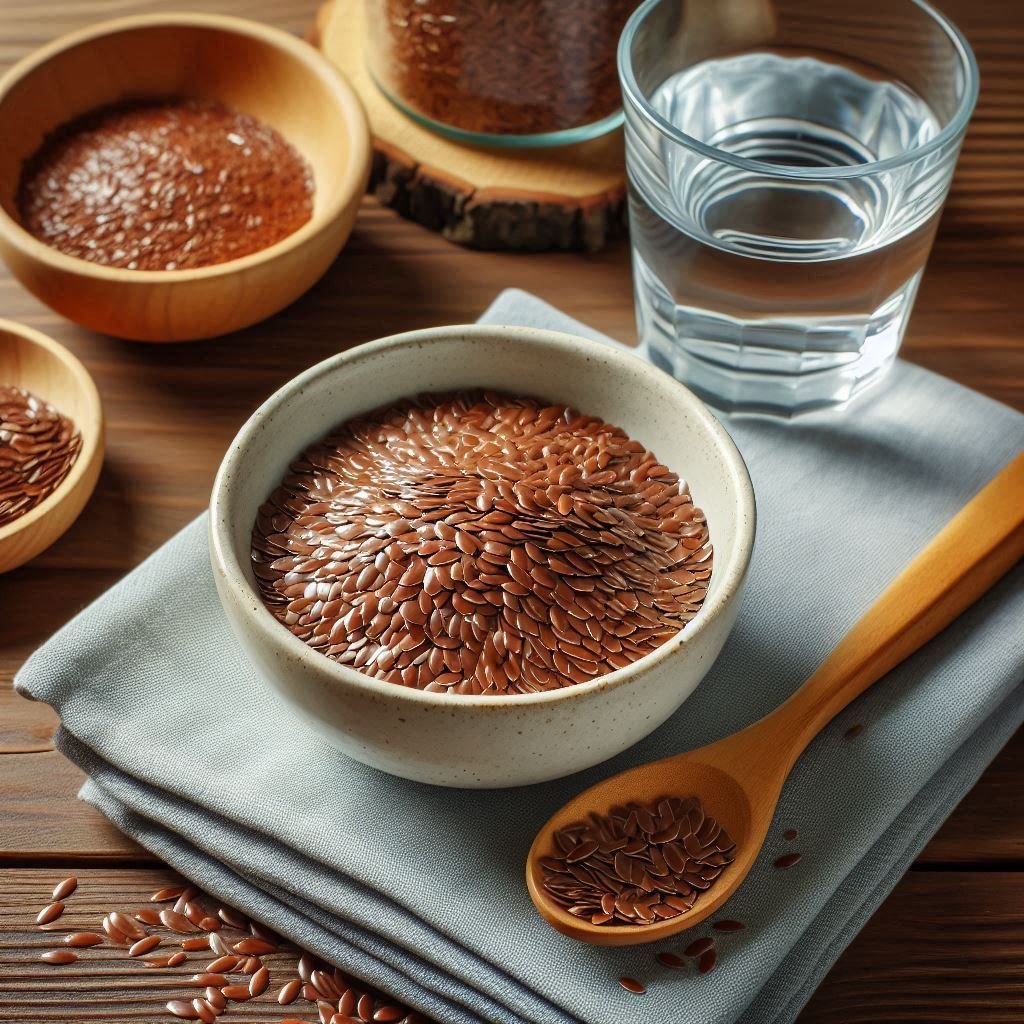
Flaxseeds are a nutritious and cholesterol-lowering seed that can help reduce the risk of heart disease. Rich in fiber, omega-3 fatty acids, and antioxidants, flaxseeds are a healthy addition to oatmeal, yogurt, or smoothies.
The fiber in flaxseeds helps to bind to bile acids in the digestive tract, reducing the amount of cholesterol produced in the liver. The omega-3s in flaxseeds also help to reduce inflammation in the body, reducing the risk of heart disease.
Garlic: A Flavorful and Heart-Healthy Addition
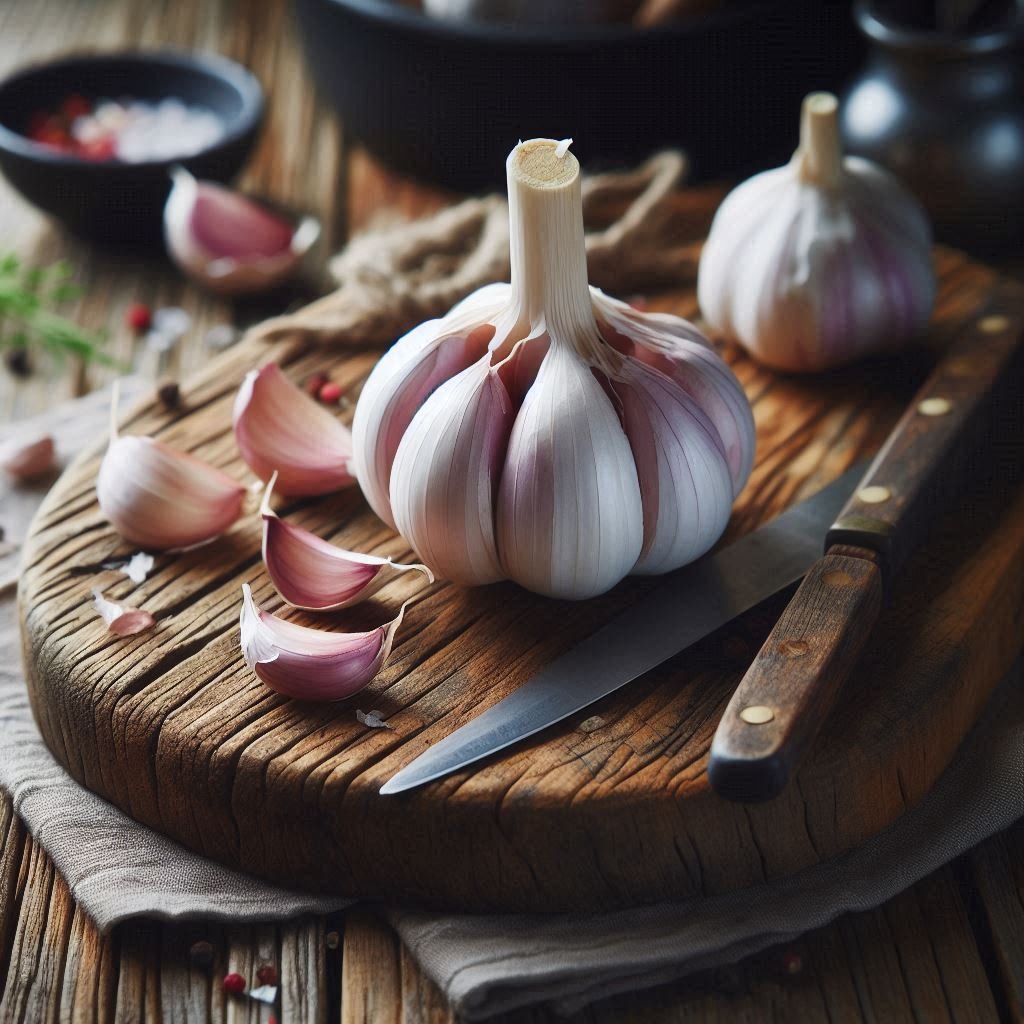
Garlic is a flavorful and heart-healthy addition to any meal. Rich in antioxidants and compounds, such as allicin, garlic helps to reduce blood pressure and cholesterol levels, reducing the risk of heart disease.
The antioxidants in garlic also help to protect against oxidative stress and inflammation in the body, reducing the risk of heart disease. Add garlic to soups, sauces, and stir-fries to get the most health benefits.
FAQs
Q: What is the best way to incorporate these foods into my diet?
A: Try to include a variety of these foods in your diet on a daily basis. For example, start your day with oatmeal and fruit, snack on nuts and seeds, and include fatty fish and avocados in your meals. Experiment with new recipes and ingredients to keep your diet interesting and varied.
Q: Can I still eat foods that are high in cholesterol if I’m also eating these cholesterol-lowering foods?
A: While it’s okay to indulge in foods high in cholesterol from time to time, it’s still important to limit your overall intake of these foods. Focus on making healthy choices most of the time, and save the high-cholesterol foods for special occasions or treats.
Q: How long will it take to see the benefits of eating these foods?
A: The benefits of eating cholesterol-lowering foods can vary depending on individual factors, such as your starting cholesterol levels and overall diet. However, many people start to see improvements in their cholesterol levels within a few weeks to a few months of making dietary changes.
Q: Are there any specific cooking methods or preparation tips I should follow to get the most benefits from these foods?
A: Yes! For example, cooking with olive oil instead of other oils can help increase the antioxidant content of your meals. Also, try to eat fatty fish grilled or baked instead of fried to reduce the calorie and fat content. Additionally, choose whole grains over refined grains to get more fiber and nutrients.
Q: Can I take supplements instead of eating these foods?
A: While supplements can be helpful, it’s always best to get your nutrients from whole foods whenever possible. Foods provide a complex mix of nutrients, fiber, and antioxidants that can’t be replicated in a supplement. Plus, eating a balanced diet can help you develop healthy habits and a more sustainable approach to managing your cholesterol levels.
Q: Are there any potential interactions or side effects I should be aware of when eating these foods?
A: Generally, these foods are safe to eat and can be incorporated into a healthy diet. However, if you have any underlying health conditions or allergies, be sure to talk to your doctor or a registered dietitian before making significant changes to your diet. Additionally, if you experience any side effects or interactions, such as digestive issues or allergic reactions, seek medical attention.

